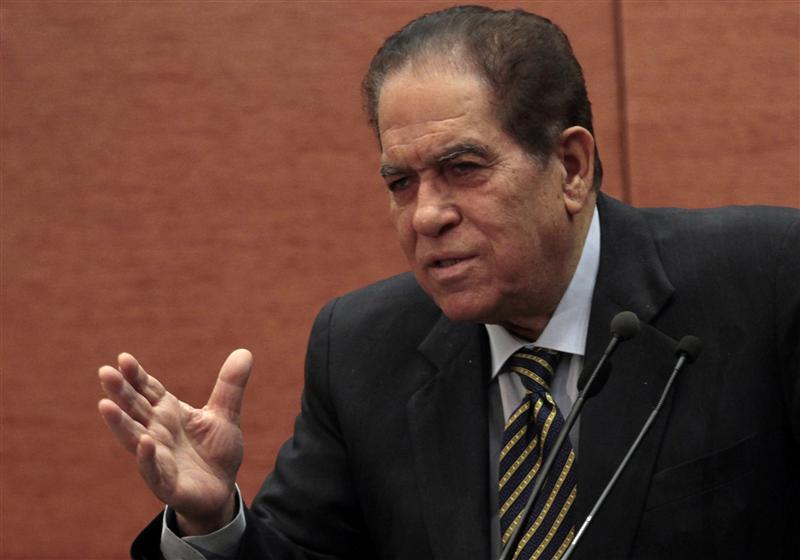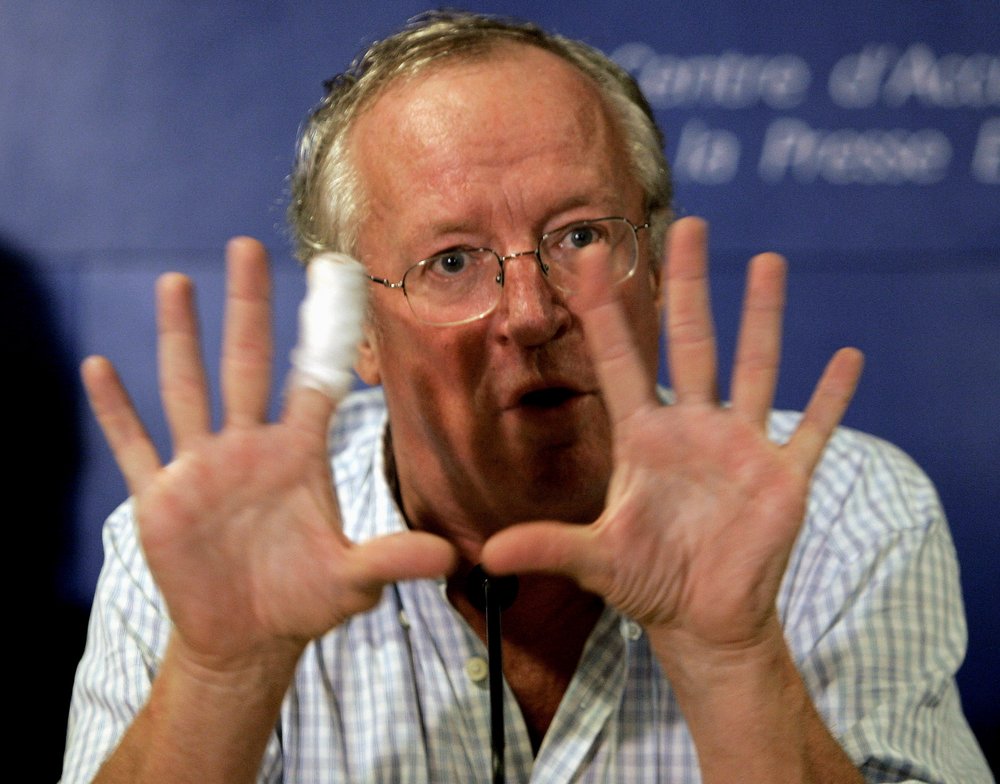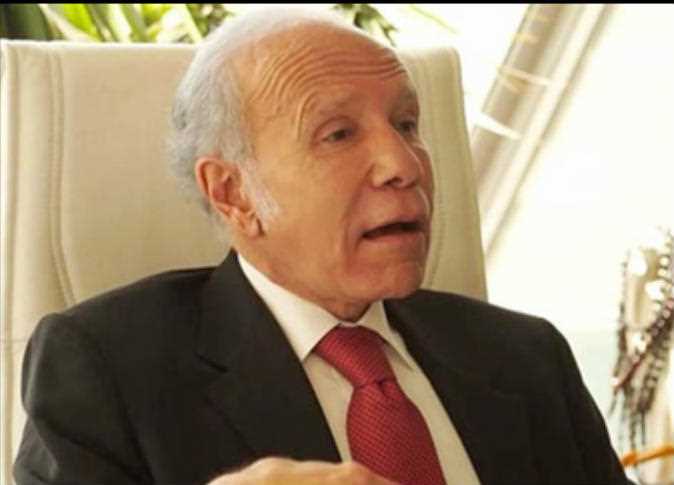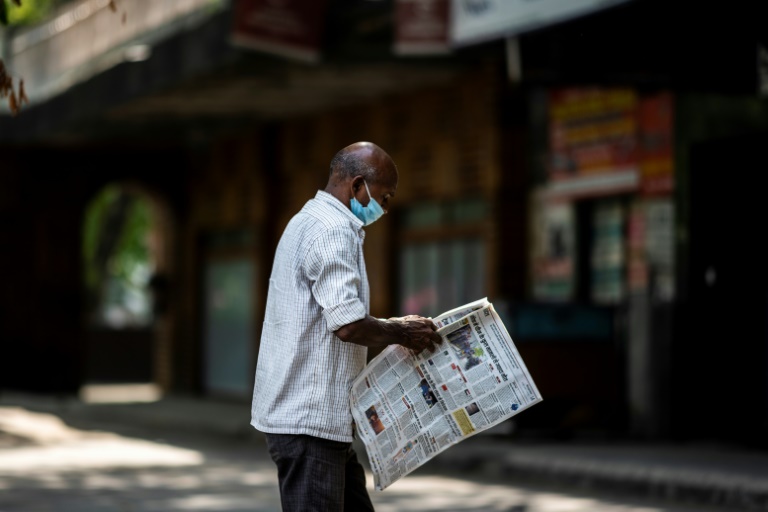
With contradictory reports on both the fate of deposed President Hosni Mubarak and the results of the presidential election runoff, every one of Wednesday’s papers seems to be reporting the news in a different country.
All the papers agree that Mubarak had a stroke — as for what happened after that, each took the liberty to reach its own conclusion.
Al-Gomhurriya state newspaper reports from state-run news agency MENA that Mubarak is clinically dead after doctors in the military hospital in Maadi where he is staying failed to revive him.
The paper reports that Mubarak started to have symptoms of a stroke in the early hours of Tuesday. Quoting doctors saying that the prison hospital wasn’t prepared to deal with Mubarak’s condition, the paper reports that the former president was moved to the military hospital under extreme security measures.
In the same paper, Supreme Council of the Armed Forces member Mamdouh Shahin is quoted saying that Mubarak is not dead but in critical condition. Shahin is reported saying that Mubarak had a heart attack followed by a stroke.
Al-Ahram state newspaper published a statement from Mubarak’s lawyer Farid al-Deeb denying Mubarak’s death and saying that he’s in a critical condition, blaming it on the lack of proper medical care in the prison hospital where the deposed president was staying since he received a 25-year prison sentence early this month, until yesterday.
With the headline “Mubarak dying,” state-run Al-Akhbar paper goes for the more sensational coverage. The paper reports that Mubarak’s sons Gamal and Alaa, who are in prison with their father pending financial corruption investigations, screamed and cried as the rescue efforts continued for five hours in the prison hospital. The paper reports that Mubarak has a deep injury in his forehead that resulted from falling during the stroke, and that he’s now in a coma.
As for the next president, pending the anticipated announcement of the official results that was initially slated for Thursday, but will now likely be delayed, it’s either Muslim Brotherhood candidate Mohamed Morsy, former Prime Minister Ahmed Shafiq, or still unknown, depending on the paper.
Al-Ahram’s coverage of the election results is headlined “The most critical 48 hours in Egypt’s history.” The paper reports that both candidates are summoned to appear in front of the supreme election committee today to discuss 400 appeals that they both made. In the last few days following the election, both campaigns announced their candidate’s victory and exchanged fraud accusations.
Al-Dostour, a privately owned newspaper, reports the Shafiq campaign’s announcement yesterday that he has won with a difference of half a million votes.
The anti-Islamist paper headlines its front page with “The scandal of the Jama’a,” accusing the Muslim Brotherhood of orchestrating a professional vote-rigging operation. The paper also accuses the Brotherhood of attempting to “brainwash” the people by announcing Morsy’s victory prematurely and then announcing that the election was rigged if he lost.
The Brotherhood, however, continues to insist that Morsy is the winner, an announcement it first made even before the tallying of the vote was completed. In the Freedom and Justice paper, the Brotherhood announces that Morsy won with 51.7 percent of the vote.
On its front page, the paper presents its self-serving view of the next stage, calling it a road map drawn by political forces.
The road map includes returning the powers of the Brotherhood — which SCAF recently stripped away — by reinstating the recently dismantled parliament, maintaining the Constituent Assembly that had been formed by Parliament and cancelling the supplement to the Constitutional Declaration issued by SCAF.
Bizarrely, the road map also includes a suggested outcome for the elections, with the last point stating, “Morsy winning the elections is an opportunity for national reconciliation and launching the Renaissance Project."
Independent Al-Shorouk newspaper, however, doesn’t discuss the identity of the next president, but reports that, whoever he is, he will be gone in nine months.
The paper quotes “a constitutional-legal expert close to the Constituent Assembly” as saying that after the new constitution is put into effect, after a period of maximum nine months a new president and Parliament will be elected. The source says that to prevent this, the Constituent Assembly would have to include an article in the new constitution to state that the current president will continue in his post.
The paper also reports on the protests in Tahrir Square which were underreported in many papers due to the distraction of Mubarak’s health news. Many activists believe that the Mubarak death rumors were announced deliberately to take the attention away from Tahrir Square.
According to Al-Shorouk, hundreds of thousands gathered in the square last night to protest against the military council. The protesters denounced the dismantling of Parliament and the supplement to the Constitutional Declaration that SCAF issued Saturday, thus giving itself more powers.
Egypt’s papers:
Al-Ahram: Daily, state-run, largest distribution in Egypt
Al-Akhbar: Daily, state-run, second to Al-Ahram in institutional size
Al-Gomhurriya: Daily, state-run
Rose al-Youssef: Daily, state-run
Al-Dostour: Daily, privately owned
Al-Shorouk: Daily, privately owned
Al-Watan: Daily, privately owned
Al-Wafd: Daily, published by the liberal Wafd Party
Youm7: Daily, privately owned
Al-Tahrir: Daily, privately owned
Freedom and Justice: Daily, published by the Muslim Brotherhood's Freedom and Justice Party
Sawt al-Umma: Weekly, privately owned
Al-Arabi: Weekly, published by the Nasserist Party
Al-Nour: Official paper of the Salafi Nour Party




